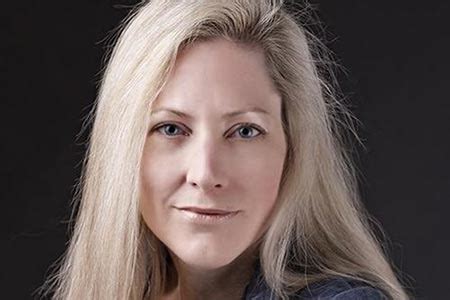A Quote by Nathaniel Philbrick
Nantucket's English settlers, who first disembarked on the island in 1659, had been mindful of the sea's dangers. They had hoped to earn their livelihoods not as fishermen but as farmers and shepherds on this grassy isle dotted with ponds, where no wolves preyed.
Related Quotes
There [is] a feeling of recognition, as of meeting an old friend, which comes to us all in the face of great artistic experiences. I had the same experience when I first heard an English folksong, when I first saw Michelangelo's Day and Night, when I suddenly came upon Stonehenge or had my first sight of New York City - the intuition that I had been there already.
I believe the first story I ever wrote was about a young girl who was terribly mistreated by her very cruel parents, and one day the girl fled to the woods to live amongst a pack of wolves. Hey, I was eleven, loved wolves, and had been grounded for what I felt was a minor infraction. Can you blame me?
I remember reading 'The Grapes of Wrath' in high school in 1983. My family had immigrated to the U.S. three years before, and I had spent the better part of the first two years learning English. John Steinbeck's book was the first book I read in English where I had an 'Aha!' moment, namely in the famed turtle chapter.
I can't remember exactly the first thing I wrote, but one of the stories, was about a pilot whose plane crashed on a desert island, and the only other life on the island was a brown cow with yellow spots. The cow had... to survive, had taught itself to eat and get nutriments from sand. I guess, I've always been interested in adaptability and taking whatever life hands you and running with it.
Once Henry had heard a crying noise at sea, and had seen a mermaid floating on the ocean's surface. The mermaid had been injured by a shark. Henry had pulled the mermaid out of the water with a rope, and she had died in his arms..."what language did the mermaid speak?" Alma wanted to know, imagining that it like almost have to be Greek. "English!" Henry said. "By God, plum, why would I rescue a deuced foreign mermaid?

































